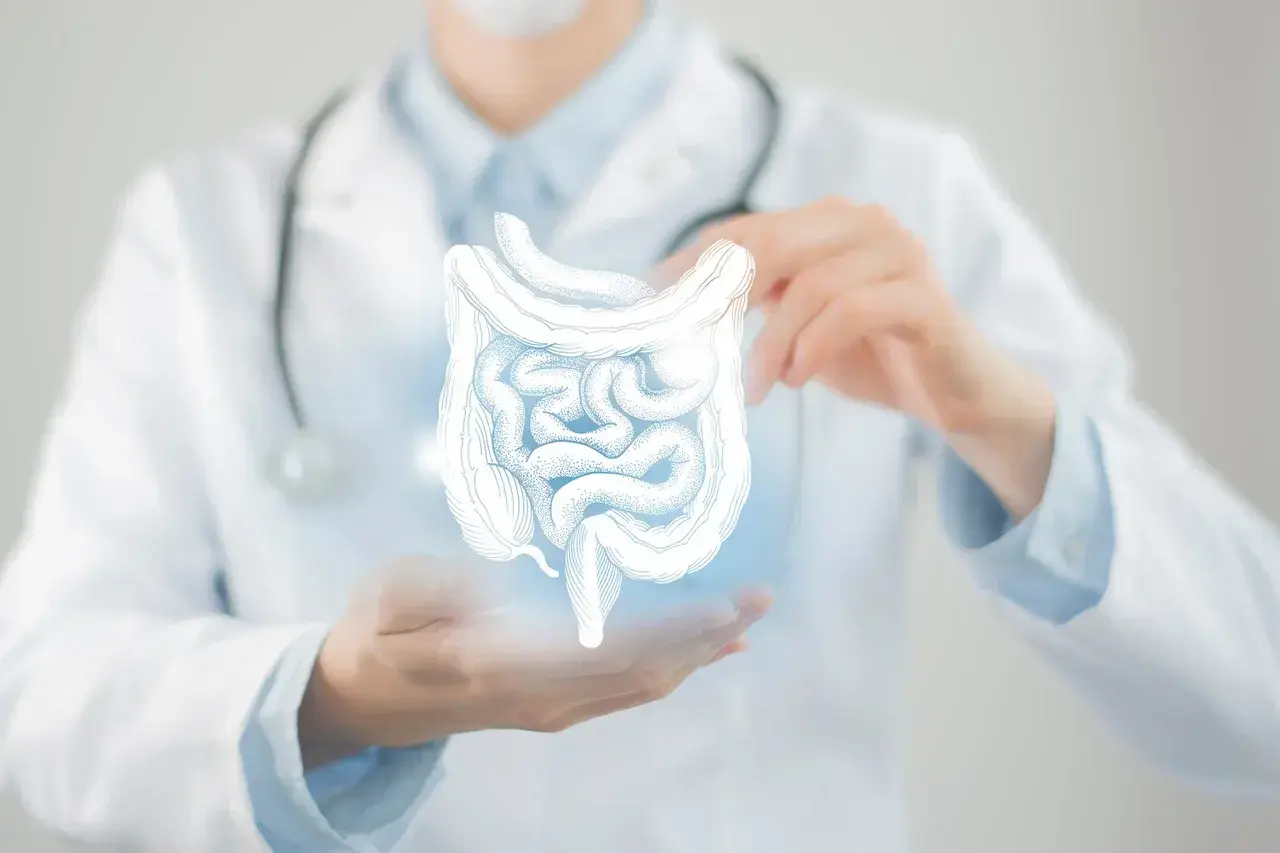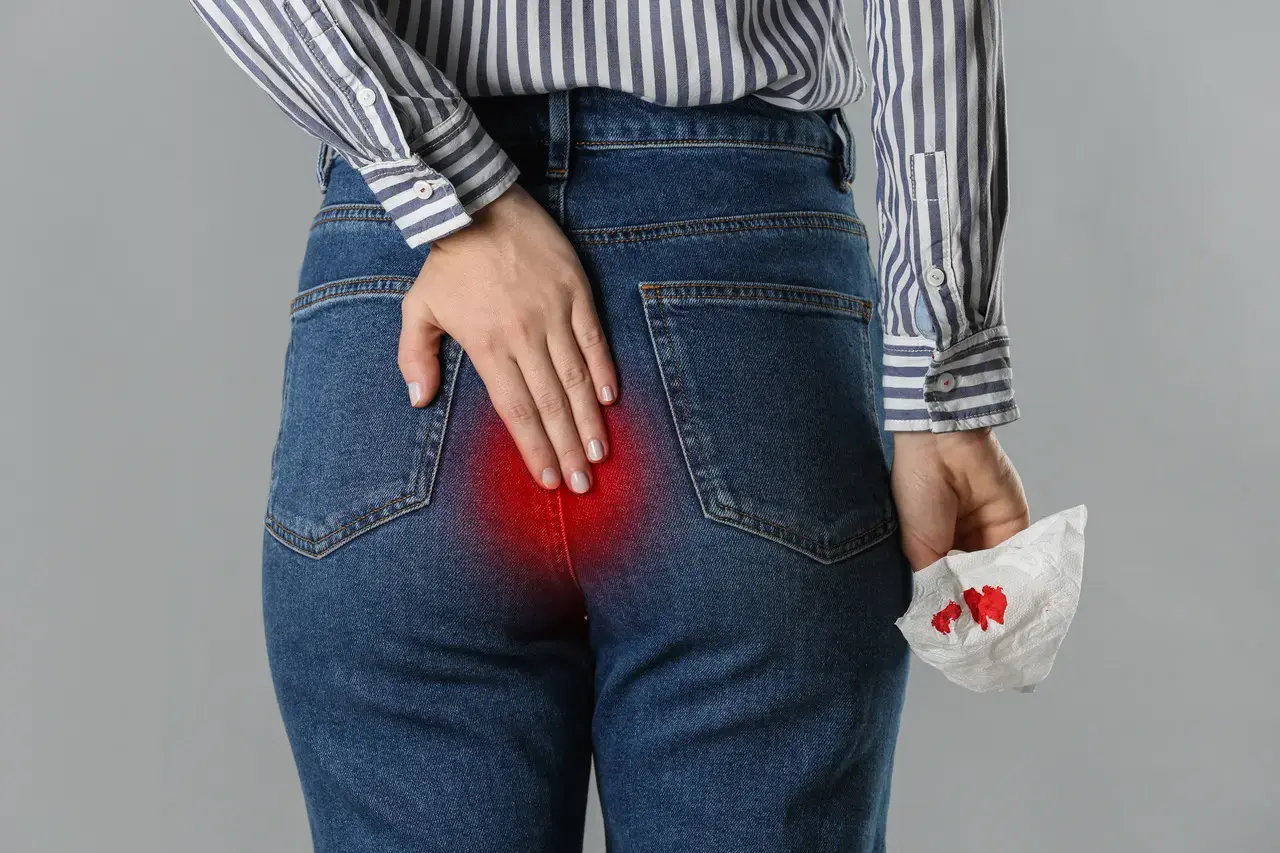Understanding The Causes Of Abdominal Pain
Common causes of abdominal pain include gastroenteritis and irritable bowel syndrome. In a third of cases, the exact cause is unclear. On average, only around 10% of people have a more serious underlying condition, such as appendicitis or diverticulitis. It’s not always easy to determine the cause because more than one disease can cause abdominal pain. Abdominal pain common causes include gas, inflammation, and digestive disorders.
Abdominal pain is pain that originates between the chest and the pelvis. The pain can be cramp-like, achy, dull, or sharp. It is often called a stomachache. Abdominal pain location may vary depending on the underlying condition, such as pain in the lower left side or upper abdomen.
Abdominal bloating will occur when the abdomen fills with air or gas. This may cause the area to appear bloated. The abdomen may feel hard or tight when touched. This may cause discomfort and pain. Abdominal pain from gas is often associated with bloating and discomfort after meals.
A number of conditions can lead to lower abdominal pain and bloating. Examples include:
- An ovarian cyst where a woman has a fluid-filled sac on her ovary or ovaries.
- A urinary tract infection (UTI)
- Appendicitis
- Consuming foods known to cause gas in some people, such as milk products that contain lactose, broccoli, carbonated beverages, onion, and beans. When the gas moves through the digestive tract, pain can result.
- Crohn’s disease, a condition that causes intestinal inflammation
- Gastroenteritis (Stomach Flu) or viral and/or bacterial infection of the stomach and bowel. This is typically accompanied by diarrhea.
- Intestinal obstruction where the intestine is blocked, and digested material cannot move through the digestive tract. This is an emergency medical condition.
- Irritable bowel syndrome (IBS)
When Abdominal Pain is Serious and When to Seek Help
Abdominal pain is considered serious when it is severe, persistent, or accompanied by additional symptoms such as vomiting, vomiting blood, blood in the stool, loss of consciousness, or an inability to pass stool. If you have not had a bowel movement in three days, this could indicate an intestinal obstruction and requires immediate medical attention.
Make an appointment with your doctor if you experience any of these symptoms in addition to abdominal pain:
- Bloating and/or abdominal pain after every meal
- Nausea
- Pain with intercourse
- Painful bowel movements
Seeking timely evaluation from gastroenterology specialists can help diagnose the cause and prevent complications.














